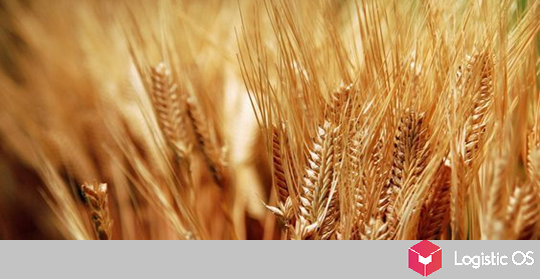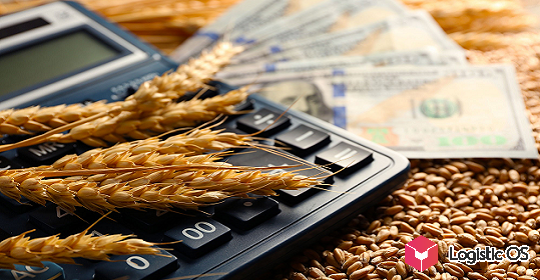Important negotiations between the Russian and Chinese sides recently took place, during which issues of veterinary supervision and phytosanitary control were discussed.
September 17 marked the date of the next meeting of the Russian-Chinese working group on cooperation in this area.
During the event, it was noted that trade between the countries is steadily growing. This is particularly noticeable in the agricultural sector.
For example, this year, China increased its exports of animal products to Russia by 34%, animal feed supplies by 66%, meat products by 16%, and fish products by 24%.
Moreover, experts note that there is every reason to expect these figures to continue to grow.
As for Russian exports to China, they are also showing positive trends. For example, meat product shipments increased by 17% over the year, and dry dairy products by 6%.
Grain exports to China have also increased. This year, it amounted to 3.2 million tons, exceeding the previous year’s figures.
The main growth items were corn, whose exports tripled, as well as sunflower, which increased by 70%, flax by 40%, and buckwheat by 20%.
At the meeting, important agreements were reached to expand access for Russian products to the Chinese market. Specifically, Russia may begin supplying rapeseed and flaxseed oil, soybean meal, as well as buckwheat, millet, and corn flakes to China in the near future.
Furthermore, the list of Russian companies eligible to supply beef and pork to China was expanded. Restrictions on the supply of Russian pork and beef by-products to China were also lifted.
All of this significantly increases Russian export opportunities, experts emphasize.
Moreover, issues related to ensuring access to the Chinese market for other Russian-produced products, including lamb, barley and wheat malt, winter wheat and barley, and rapeseed from all over Russia, may be discussed in the near future.
Furthermore, animal feed, hatching eggs, and feather products may be added to this list.
Following the negotiations, agreements were reached on registering Russian enterprises in the CIFER system, electronic certification, and coordinating protocols on phytosanitary requirements.
Integration of the Russian and Chinese plant quarantine information systems is planned for the near future.

